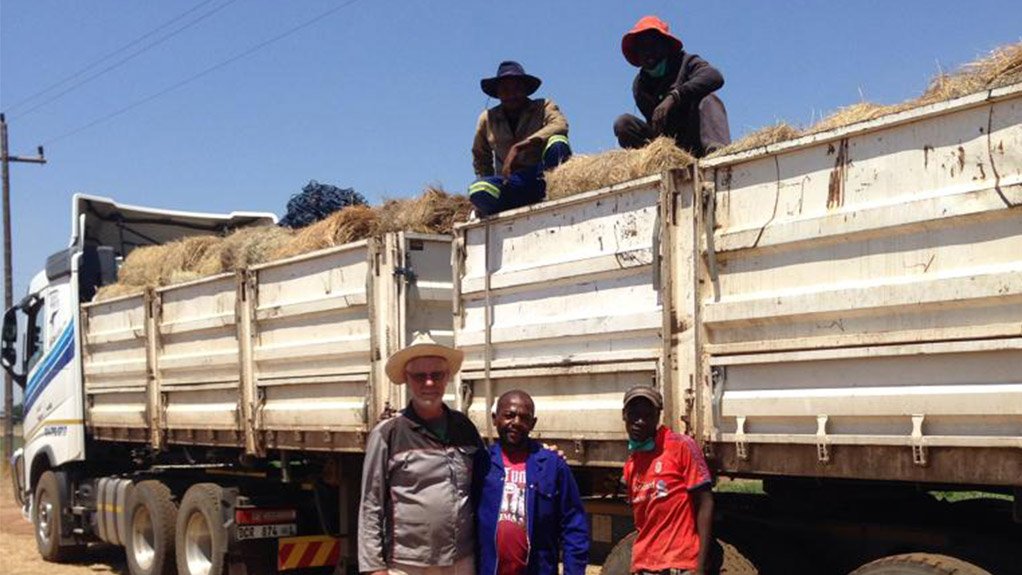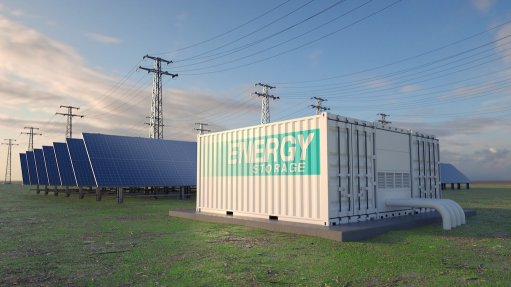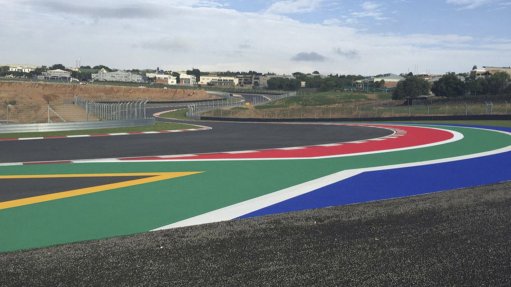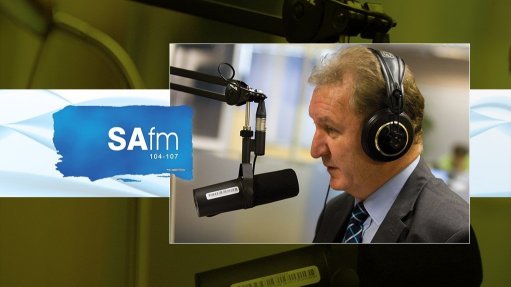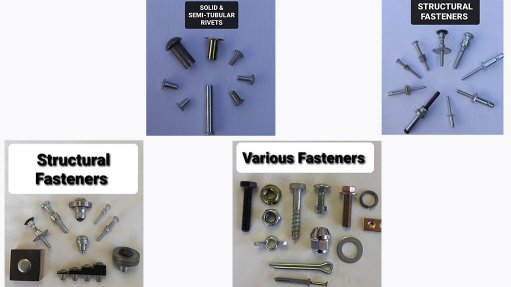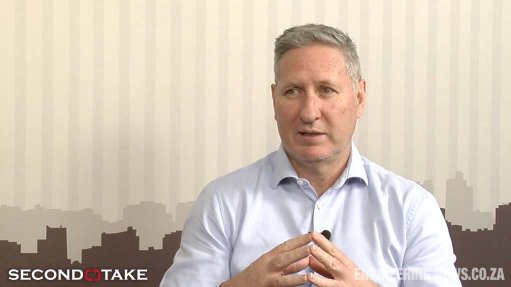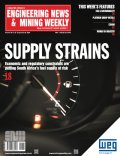Agri SA submits latest concerns about NMW to Parliament
Industry body Agri SA has confirmed that it will make a submission to Parliament about the national minimum wage (NMW) and the negative impact it is having on growth and sustainability in the agriculture sector.
Employment and Labour Minister Thulas Nxesi raised the NMW of farmers by 9.6%, effective March 1, resulting in a NMW of R25.42 an hour, compared with R23.19 previously.
The NMW was R18.68 an hour for farmworkers in 2020 and grew to R21.69 an hour by March 2021.
The Minister has been quoted as saying that these workers are generally unorganised and vulnerable, and, without the NMW, they would endure exceedingly low wage levels and poverty, as was the case historically.
Agri SA has long warned that the increase in wages for farmers is unsustainable, urging that the NMW in the agriculture sector should rather be aligned with inflation, lest government risks the sector contracting and losing jobs.
While the agriculture sector has proven resilient in the face of numerous crises, including Covid-19 and its lingering impacts, the pressure on the sector is mounting to excessive levels.
The sector grew by 17.8% in 2020 and 7.4% in 2021, but by a marginal 0.9% in 2022, which translates to slower employment growth rates as well.
Agri SA attributes the dramatic decline in agricultural growth to rising input costs, of which labour is the most significant, constituting 25% of all production costs.
“The NMW constitutes a tremendous burden on the sector that is exacerbating the already crippling external pressures on farmers.
“Industries such as the sugarcane sector, for example, already face enormous increases in the cost of fertiliser ever since Russia’s invasion of Ukraine, while industries such as citrus also face financial strains in the wake of high shipping costs as a result of derelict road, rail and port infrastructure,” explains Agri SA labour centre of excellence chairperson Johan Wege.
All these pressures in the agriculture sector have led to a rapid increase in the total farming debt burden on farmers. In 2006, farming debt stood at R37.7-billion, but this figure has risen by 442% over 15 years to R205-billion in 2022.
Agri SA highlights that farmers are price takers, with no control over prices beyond the farm gate.
The organisation explains local and international retailers set the prices and increases such as the NMW do not form part of their considerations. “If retailers do not increase prices as input costs rise, farmers are forced to absorb those additional costs.
"This dynamic is exacerbated by market access challenges that result in a greater surplus of produce on the local market, lowering the price that producers can obtain,”
The result of these accumulated challenges is greater pressure on South Africa’s food production.
This compromises both the ability of the agricultural sector to guarantee the country’s food security and its ability to maintain and expand employment opportunities in the sector.
“The only way to protect food security and promote employment in the sector is to control the cost pressures on the sector. While many of the contributing costs are out of our control, the NMW is firmly within government’s control,” Wege points out.
Agri SA is, therefore, reiterating its call to government to prioritise food security and employment protection in the determination of the sector’s NMW. This is a critical commitment from government if the country is to maintain its food security and protect vital jobs in South Africa’s flailing economy.
Comments
Press Office
Announcements
What's On
Subscribe to improve your user experience...
Option 1 (equivalent of R125 a month):
Receive a weekly copy of Creamer Media's Engineering News & Mining Weekly magazine
(print copy for those in South Africa and e-magazine for those outside of South Africa)
Receive daily email newsletters
Access to full search results
Access archive of magazine back copies
Access to Projects in Progress
Access to ONE Research Report of your choice in PDF format
Option 2 (equivalent of R375 a month):
All benefits from Option 1
PLUS
Access to Creamer Media's Research Channel Africa for ALL Research Reports, in PDF format, on various industrial and mining sectors
including Electricity; Water; Energy Transition; Hydrogen; Roads, Rail and Ports; Coal; Gold; Platinum; Battery Metals; etc.
Already a subscriber?
Forgotten your password?
Receive weekly copy of Creamer Media's Engineering News & Mining Weekly magazine (print copy for those in South Africa and e-magazine for those outside of South Africa)
➕
Recieve daily email newsletters
➕
Access to full search results
➕
Access archive of magazine back copies
➕
Access to Projects in Progress
➕
Access to ONE Research Report of your choice in PDF format
RESEARCH CHANNEL AFRICA
R4500 (equivalent of R375 a month)
SUBSCRIBEAll benefits from Option 1
➕
Access to Creamer Media's Research Channel Africa for ALL Research Reports on various industrial and mining sectors, in PDF format, including on:
Electricity
➕
Water
➕
Energy Transition
➕
Hydrogen
➕
Roads, Rail and Ports
➕
Coal
➕
Gold
➕
Platinum
➕
Battery Metals
➕
etc.
Receive all benefits from Option 1 or Option 2 delivered to numerous people at your company
➕
Multiple User names and Passwords for simultaneous log-ins
➕
Intranet integration access to all in your organisation



